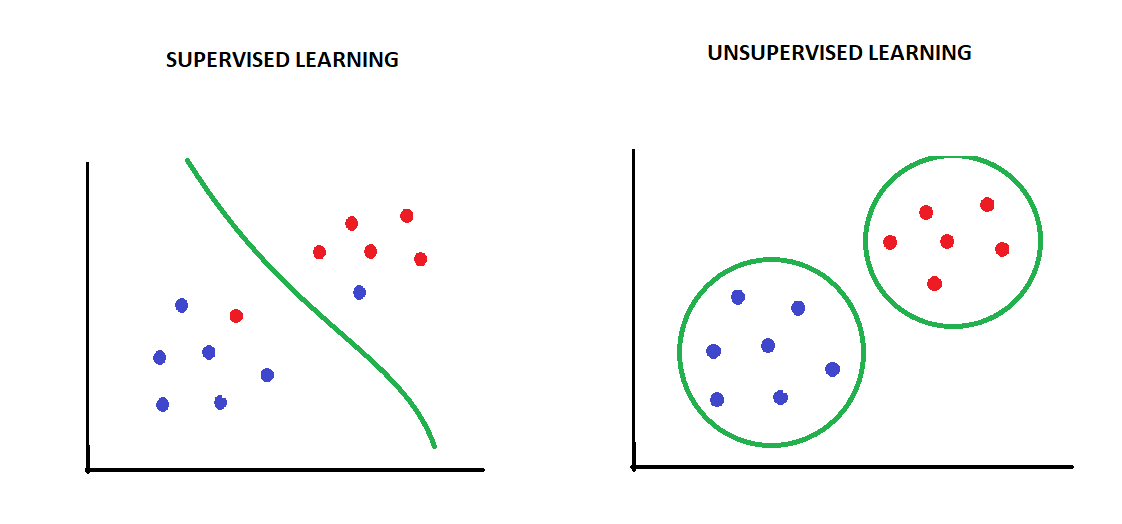You wake up, check your phone, scroll through emails, maybe glance at social media — all without thinking about the fact that you’ve just walked across one of the most dangerous battlefields in the modern world. This battlefield doesn’t have the clang of swords or the smoke of gunpowder. It is silent, invisible, and everywhere.
Hackers, cybercriminals, and malicious actors are no longer shadowy figures lurking in some far-off basement. They are part of sprawling, global networks — automated bots scanning millions of systems per second, data brokers hungry for your information, and state-sponsored groups wielding digital weapons sharper than any blade.
In this world, your personal data is currency. Your name, your birthday, your browsing habits, your passwords — each piece is like a coin in a treasure chest. And if you don’t defend that chest, someone else will open it.
The truth is, protecting your personal data is not just about privacy anymore. It’s about financial safety, emotional well-being, and even the integrity of your identity itself. The good news? You don’t have to be a cybersecurity professional to stand strong. You just need the right habits, the right mindset, and a few key tools.
Let’s walk through ten core principles — not as a checklist to tick once and forget, but as habits to weave into the fabric of your daily life.
1. Understand the True Value of Your Data
Before you can defend your data, you need to realize why it’s worth defending. Many people think, “I’m not rich. I’m not famous. Why would anyone care about my information?” That’s exactly what cybercriminals want you to believe.
In reality, your data is valuable because it is yours. Criminals can use it to impersonate you, commit fraud, open bank accounts, or even frame you for crimes you didn’t commit. Data brokers can collect and sell it to advertisers, political campaigns, or anyone willing to pay.
Your email address might be the key that unlocks your bank login. Your birthdate might be the missing piece for a password reset. Even your social media activity — those harmless “What’s your favorite childhood snack?” quizzes — can be mined for answers to your security questions.
Once you understand that your personal data is a form of currency, you’ll stop treating it like scraps of paper and start guarding it like gold.
2. Make Passwords a Fortress, Not a Weak Fence
Passwords are the first line of defense between your private accounts and the outside world. Unfortunately, many people still use weak ones — short, predictable strings like “123456” or “password” — that are laughably easy to crack.
A strong password is like a fortress wall: tall, thick, and unpredictable in its structure. That means long (at least 12 characters), filled with a mix of uppercase and lowercase letters, numbers, and symbols. But here’s the twist: humans are terrible at remembering random strings. That’s why you need a password manager.
A password manager securely stores your passwords, generates new ones, and autofills them when you log in. It’s like having a master key that’s locked inside a safe only you can open. The irony is that by remembering just one very strong master password, you can maintain hundreds of unique, unbreakable ones without the stress of memorization.
3. Embrace Two-Factor Authentication Like Your Life Depends on It
Imagine your password as the lock on your front door. Two-factor authentication (2FA) is the guard dog behind it. Even if someone picks the lock, they can’t get in without passing the dog.
2FA requires a second form of verification before granting access — often a code sent to your phone, an app-generated code, or even a physical security key. This extra step can feel inconvenient at first, but it dramatically reduces the risk of a breach.
The logic is simple: if a hacker steals your password through phishing or a data breach, they still can’t log in without that second factor. Many large-scale hacks could have been harmless if 2FA had been enabled.
There’s one catch: never rely solely on text messages for 2FA if you can avoid it. SIM swapping — where criminals hijack your phone number — is a real threat. Use an authenticator app or a hardware security key for maximum safety.
4. Beware the Psychological Traps of Phishing
Cybercriminals don’t always need advanced hacking tools. Often, they just need to trick you into opening the door yourself. Phishing attacks exploit human psychology, using fear, urgency, curiosity, or greed to lure you into clicking malicious links or handing over personal information.
That “urgent” email from your bank saying your account will be closed unless you act immediately? That text from a delivery service asking you to click a link to “reschedule”? These are common traps.
To protect yourself, develop a habit of skepticism. Before clicking a link, hover over it to see the true URL. Double-check the sender’s email address — is it slightly misspelled? Call your bank or service provider directly if you’re unsure. Trust your instincts: if something feels off, it probably is.
Phishing doesn’t just happen via email anymore. It can arrive through text messages, social media, messaging apps, and even phone calls. The battlefield is everywhere.
5. Keep Your Devices and Software Updated
Outdated software is like a fortress with crumbling walls — even the strongest defenses mean nothing if they’re full of holes. Every app, operating system, and device you own has potential vulnerabilities. Hackers actively scan the internet for systems running old versions with known weaknesses.
Software updates aren’t just about new features. They often contain security patches — fixes for these vulnerabilities. By delaying updates, you give criminals more time to exploit them.
Set your devices to update automatically whenever possible. That goes for your phone, computer, router, and even smart devices like cameras or door locks. Cybercriminals know people neglect these “non-computer” devices, and they exploit that laziness.
6. Master the Art of Safe Browsing
The internet is not a neutral space. It’s a vast city with safe neighborhoods and dark alleys. Visiting certain sites — especially those offering pirated software, illegal downloads, or too-good-to-be-true deals — is like wandering into the wrong part of town at 3 a.m.
Safe browsing means sticking to trusted websites, avoiding sketchy pop-ups, and being cautious with downloads. It also means using a secure, privacy-respecting browser and enabling settings that block malicious content.
For sensitive activities, like online banking, avoid public Wi-Fi unless you’re using a Virtual Private Network (VPN). A VPN encrypts your internet traffic, making it much harder for someone to spy on you. Public Wi-Fi networks are prime hunting grounds for attackers because of their open nature.
7. Take Control of Your Digital Footprint
Every social media post, every account you create, every “accept” button you click adds to your digital footprint. Over time, this footprint can be large enough to track you across the internet — and for criminals, that’s a gold mine.
Start by pruning old accounts you no longer use. If a service has your email and password, it’s a potential vulnerability, even if you haven’t touched it in years.
Be deliberate about what you share online. Avoid posting your location in real-time, your birthday, or other identifying details. Think of personal data as a puzzle: the fewer pieces you give away, the harder it is for someone to complete the picture.
8. Protect Your Mobile Life
Your smartphone is not just a phone — it’s a wallet, a photo album, a bank branch, and a personal diary all in one. That makes it one of the most valuable targets for cybercriminals.
Lock it with a strong passcode, not just a simple 4-digit PIN. Enable biometric security like fingerprint or facial recognition. Keep it encrypted, and only install apps from trusted sources.
Be mindful of app permissions. Does a flashlight app really need access to your microphone or contacts? Every permission you grant is another potential doorway into your data.
Also, remember that mobile phishing is on the rise. Links sent via text or messaging apps can be just as dangerous as email links.
9. Back Up Like Your Future Depends on It
No matter how careful you are, breaches, hardware failures, and ransomware attacks can still happen. That’s why backups are your safety net.
Follow the 3-2-1 rule: three copies of your data, on two different types of storage, with one stored offsite (like in the cloud). This way, even if ransomware locks your files or your device is destroyed, you can recover everything.
Cloud storage can be convenient, but choose providers that offer strong encryption. For extra security, encrypt your files before uploading them. Backups aren’t just for tech geeks — they’re for anyone who values their photos, documents, and work.
10. Make Cybersecurity a Habit, Not a Chore
The most important tip isn’t about a specific tool or setting — it’s about mindset. Cybersecurity is not a one-time project. It’s a lifestyle.
The more you integrate these practices into your daily routine, the less effort they require. Strong passwords, cautious clicking, regular updates — these should become as automatic as locking your front door.
And remember: cybersecurity is a moving target. Threats evolve. Technology changes. Stay curious. Keep learning. View every news story about a hack not as a source of fear, but as a reminder to sharpen your own defenses.
The Future You’re Protecting
When you follow these principles, you’re not just protecting your bank account or your social media profile. You’re safeguarding your peace of mind. You’re making sure that your digital identity remains yours, that your future is shaped by your choices — not by a stranger halfway around the world who happened to guess your password.
The invisible battlefield is real, and it’s here to stay. But with the right mindset and habits, you can walk across it every day with confidence, knowing that your treasure chest of personal data is locked tight, guarded by walls too high for intruders to climb.






